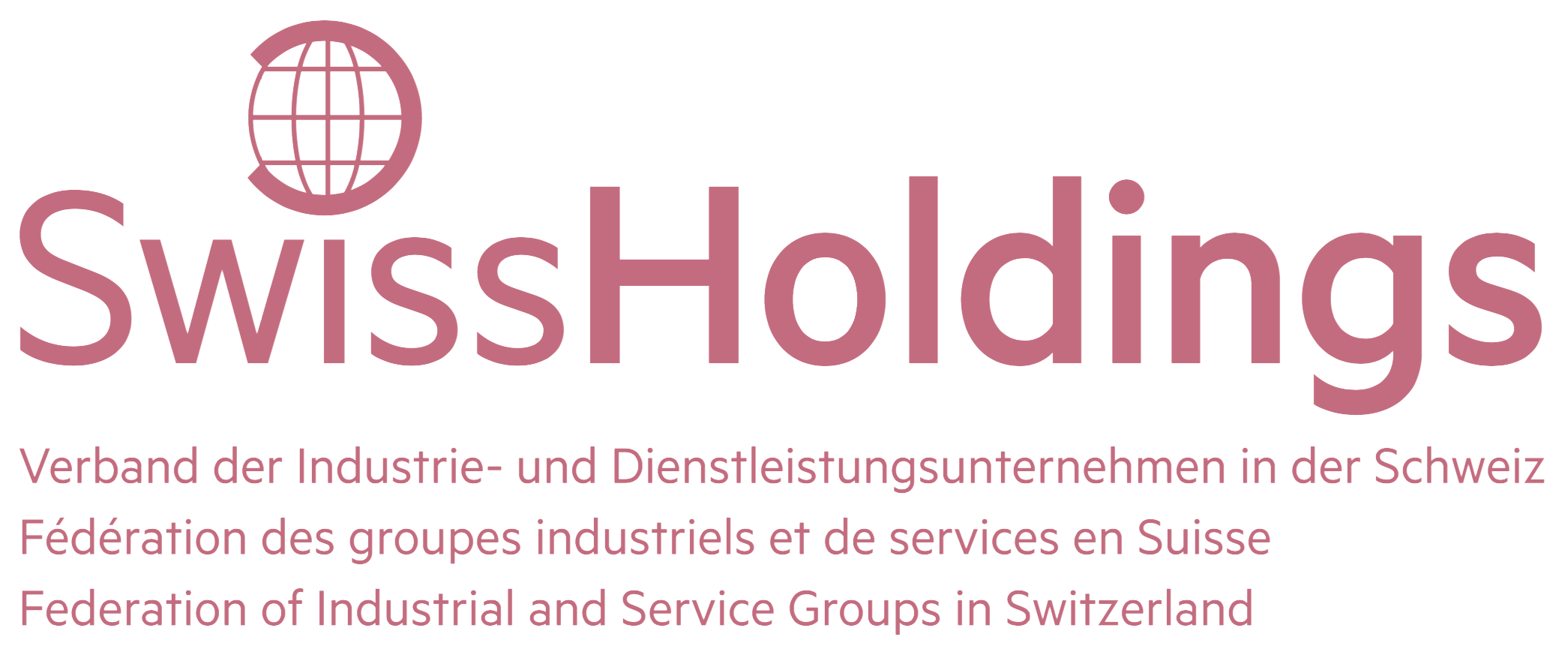This is an automatic translation, which is why errors may occur
The Council of States was the first parliament to deal with the OECD tax reform today and discussed it to the end. In doing so, it also approved the 75/25 distribution of gross income from the supplementary tax proposed by the Federal Council. With its decisions today, the small chamber largely follows the message proposed by the Federal Council. SwissHoldings clearly welcomes the current course of deliberations
The bill on the implementation of the two-pillar OECD/G20 project on the taxation of the digital economy(Federal Decree on a special taxation of large corporate groups) is of utmost importance for our companies. SwissHoldings is therefore closely following the parliamentary deliberations on the issue. The Federal Council’s bill was uncontroversial in the parliamentary deliberations to date. It must be finalized by the Swiss parliament this year so that Switzerland can introduce the second pillar of the OECD/G20 project (minimum taxation) on January 1, 2024, at the same time as the vast majority of other countries in the Inclusive Framework, which comprises around 140 countries. A delayed introduction would mean that Swiss companies would have to pay their sometimes substantial supplementary tax payments in foreign countries rather than in Switzerland.
The Committee for Economic Affairs and Taxation of the Council of States (WAK-S) clearly approved the bill in the overall vote on August 25, 2022 by 12 votes to 0 with 1 abstention. It also decided by 9 votes to 2 with 2 abstentions that 75 percent of the gross proceeds of the supplementary tax should go to those cantons whose business units are responsible for the supplementary tax payments. according to the Federal Council’s message, 25 percent should go to the federal government. This 75/25 distribution is a compromise of the cantons (FDK) and is supported by SwissHoldings, although in principle an allocation of 100 percent to the cantons would have been desirable and appropriate.
The Council of States did not make any material changes to the WAK-S version today, clearly approved the 75/25 allocation by 30 votes to 8 with 5 abstentions and finally adopted the bill unanimously (with 1 abstention) in the overall vote.
Final consultation of the bill this year, entry into force 2024
The bill will now go to the National Council, where it will be discussed by the WAK-N on October 24. The subsequent reading in the National Council and any revision of differences is scheduled for the winter session (Nov. 28 – Dec. 26). Only if the parliamentary deliberations are already completed this year can the mandatory referendum on the amendment of the Federal Constitution take place in June 2023 and the implementation of the OECD minimum taxation by Switzerland take place on January 1, 2024.
Important retention of the federal share of 25 percent in supplementary taxes
As already mentioned, SwissHoldings welcomes the decision of the Council of States to leave the distribution of the gross yield of the supplementary tax at 75 to 25 as proposed by the Federal Council. In fact, it would be correct to allocate 100 percent to the cantons according to the polluter-pays principle. Technically, Swiss supplementary taxes are exclusively profit and capital taxes due to the respective cantons, which are currently not levied by them to secure their attractiveness as locations. If parliament were to set the federal share of the supplementary taxes at more than 25 percent and thus deprive the cantons of further funds, the cantons concerned could therefore simply levy the currently uncollected taxes on profits and capital themselves in the future. The consequence of this would be that the Confederation would no longer receive any supplementary taxes from these cantons. The National Council would therefore do well to respect the 75/25 compromise of the Council of States and the cantons (FDK).
For more information on the OECD Digital Taxation Project, see the SwissHoldings dossier OECD Digital Taxation Project.
For information:
Dr. Gabriel Rumo │ Director │ 079 712 20 20
Martin Hess │ Head of Taxes, Member of the Executive Board │ 078 805 04 95
Pascal Nussbaum │ Head of Communications & Public Affairs │ 079 798 52 40

